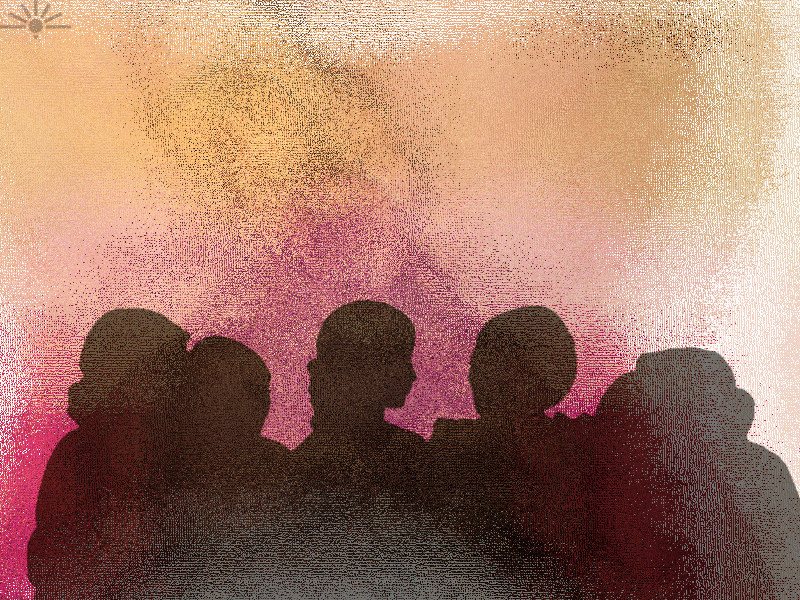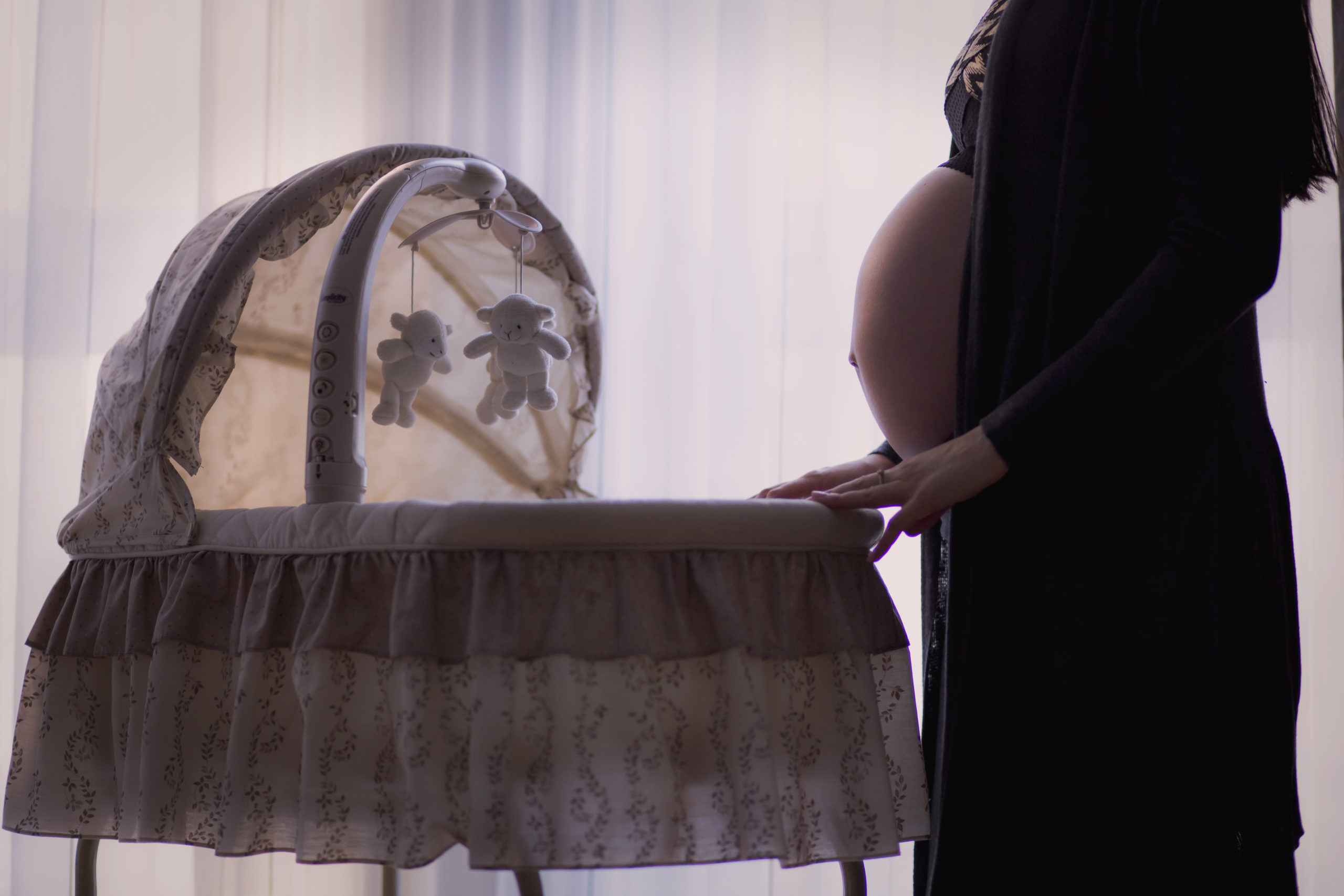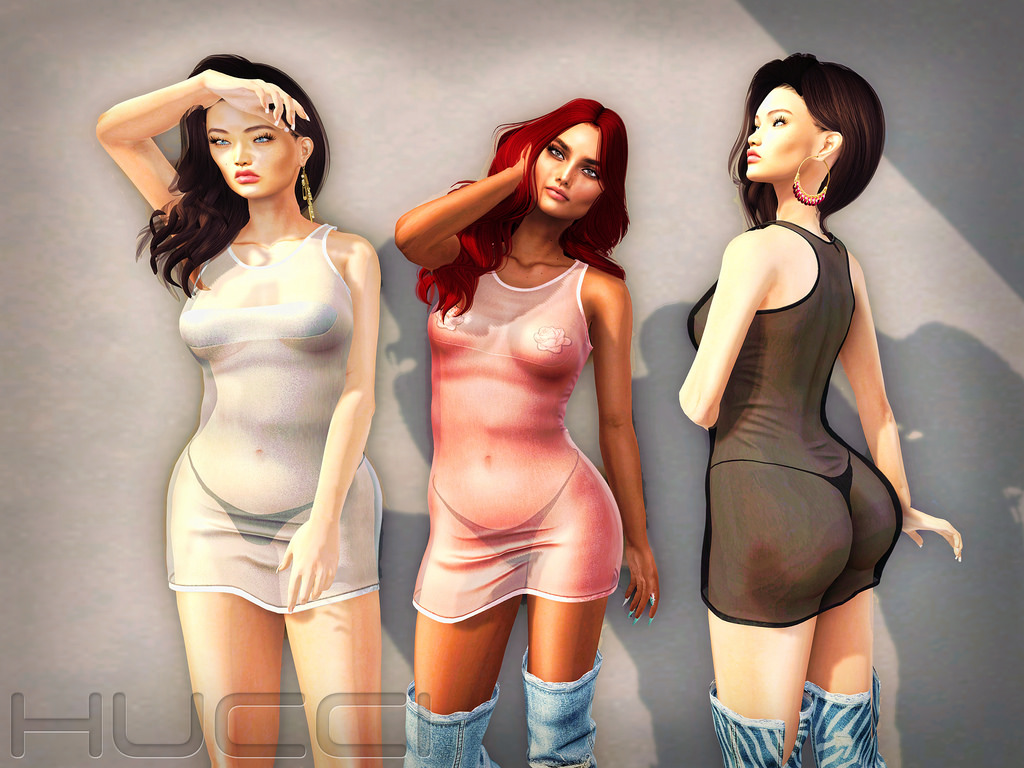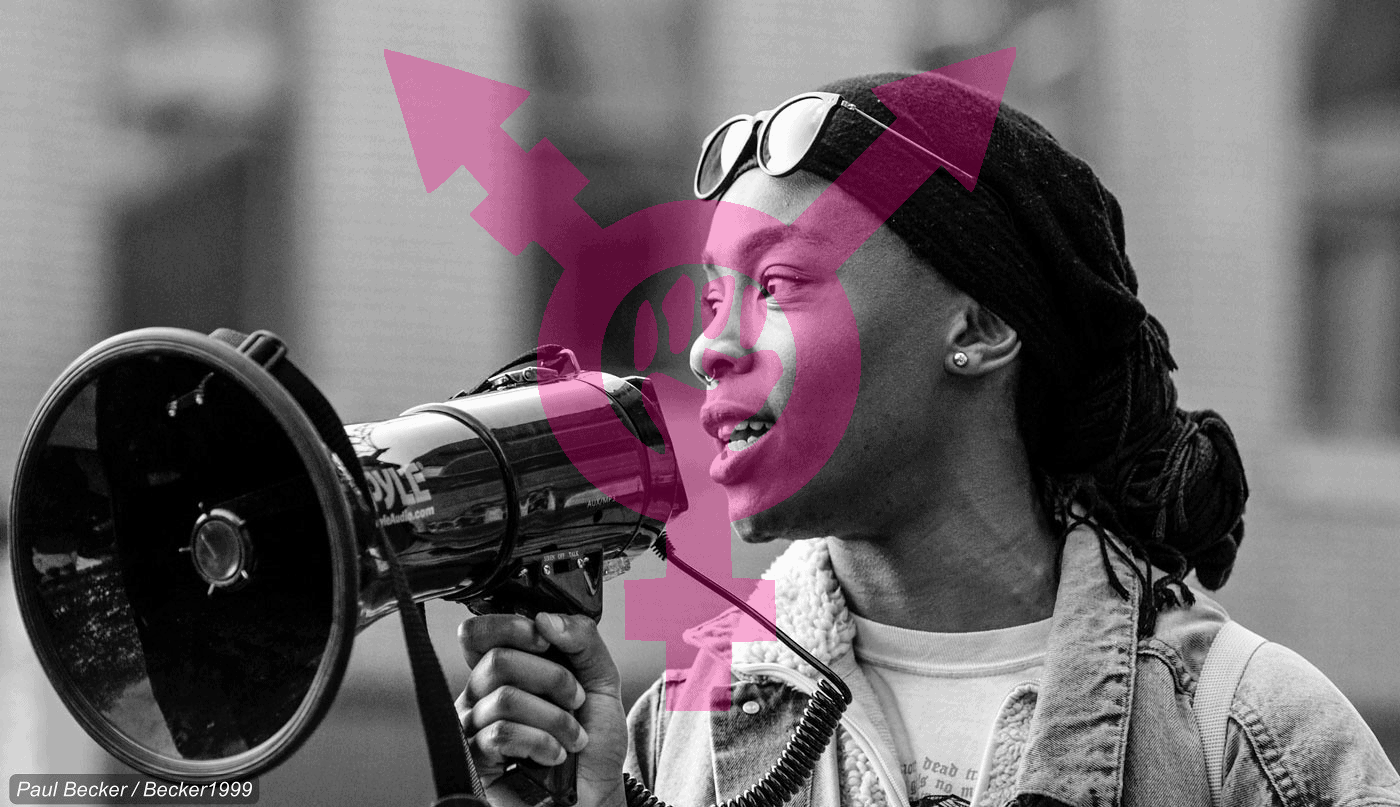As I become more open about my own experiences with gender oppression, I am repeatedly struck by two vastly different reactions to my presented facts and anecdotes.
Men often recoil or become defensive. Some of these issues are ugly and raw and difficult to stomach, and male guilt seems to act kind of like white guilt in this way. Some men simply refuse to believe that these issues are as prevalent as I insist, or that they exist at all. But when I talk to women about experiencing gender-based violence, so many of them say, “me too.” They say it like a confession, and some women have told me that I am the only person they’ve ever told about these things. They say I make them feel comfortable to do so, the no-bullshit way I talk about male violence.
The more openly I talk about my own experiences, the more the women I speak to begin to feel comfortable talking about theirs – but never before that. Often because they’ve never met another woman who spoke candidly about her own experiences with sexual violence and abuse. And men’s mouths drop when it happens, like I showed them more than they wanted to see, or like they can’t believe something so terrible would happen to someone they know.
But I’m not special. My experiences aren’t unusual. They’re terrible, sure, but the same kind of terrible that all the female-presenting folks out here have lived through. So why is everyone so surprised to hear about it?
Why Is This Surprising?
We all know the statistics. We know that 1 in 5 (or 1 in 6, or 1 in 3) of us has been raped. We know that a third of us have been abused by partners, half of us have experienced some kind of sexual violence, a handful of us die every day from partner violence, and that’s just in the United States. We know what walking down the block is like, we watch the rapists go free on TV and the Misogynist in Chief, we see and hear and experience women getting hurt by men every day. It’s everywhere.
But even though we rationally know that it’s happened to all of us, we still don’t talk about it. What other crimes do we internalize like this? Can you imagine finding out that your best friend’s house had burned down four years ago, and she just didn’t tell anyone about it? Your cousin, hospitalized after a stabbing, and the family keeps it on the low, the violence hush-hushed from even the closest friends or family members. It sounds crazy, but this is exactly what we do for violence against women—especially sexual violence.
Of course, it makes sense, given the reactions we receive. I recently told a dear male friend about being taken advantage of by an older man when I was traveling as a teenager. The scenario is familiar to many women: young, drunk, late, lost, too much trust in someone you (apparently) shouldn’t, a forceful kiss (or whatever), and not knowing how to resist, or if you should, or could. My friend’s immediate reaction was incredulous: how can I say he took advantage of me if I didn’t resist? And I shut down, because I didn’t know how to explain it, and wished I had never said anything at all. When I told that same story again a few weeks later, to a straight couple, the man’s jaw dropped in astonishment that someone could do that, while the woman just nodded placidly as if to say, “sounds about right.”
You don’t need to lurk very far in the comments section of any post about women’s issues to get a clear message: it is useless and counterproductive to speak out about your abuse, because you will only be shamed, disbelieved, or misunderstood. And so many of the men who wouldn’t hurt women don’t actually witness the transgressions, so they have no clue how bad it is out here for some of us.
We are forced to explain the nature of our oppression over and over again, to people who don’t believe us anyway or who are so clueless that we have to start from the bare-bones beginning every time.
It is exhausting and demoralizing. So we just swallow it.
And why on earth would we spit it up?
When Victims Carry the Burden
What this leaves us with is a situation where women are victimized by men, and then have to singlehandedly carry the burden of that victimization. Because it makes men uncomfortable to hear about it. Because men don’t believe us, or don’t want to. Because #notallmen take it personally. Because nobody wants to hear that their brothers and colleagues and teammates are abusers. And maybe because if we started calling out all the times we’ve felt hurt or abused or victimized that mirror would start getting too big for comfort.
So we cover the wounds done to us in a cloak of shame and hide them from the world. We modify the language that we use to talk about our oppression to make our oppressor class feel more comfortable. We accumulate these enormous piles of baggage that we never tell anyone about. Or we tell someone about them one time and we are shamed or disbelieved. Or maybe we tell that one friend when we were a teenager and she doesn’t know what to do either and she tells us not to say anything so we don’t. For years. Or forever.
I know I can’t carry it anymore, or won’t. These things are falling out of me, the stories of what’s been done to me and the women I have loved. And the more I tell these stories, the more that they erupt from the women around me. It is time to stop carrying this burden alone.
Having the Conversation
I’m afraid too much is taken for granted again. Like everyone knows that everyone’s been abused so what’s the point in talking about it. So much silence. I’m wondering how many times we’ll have to start from scratch. Wondering if there’s a single one of us who has been honestly seen and heard. Cindy Crabb, “Girl Gangs,” excerpt from Encyclopedia of Doris
There is a global epidemic of violence against women (yes, in our beloved West as well) and too many men have absolutely no idea. It never fails to amaze me how shocked men are to hear about the abuse women face on a regular basis. Women roll our eyes at each other and shrug about getting groped on the train yesterday, because this shit is just regular, while the men gape and say things like, “are you serious?” or “I’m so sorry that happened to you!” Which is sweet, in its way, but it illustrates just how clueless so many men are about the extent of this problem. Or, maybe, just how jaded women are by its inescapability.
How difficult it must be for someone who has never abused women, and has never been abused by anyone else, to understand this phenomenon! How mindblowing it must be to try to comprehend exactly how pervasive male violence is, the imminent threat of rape or abuse, if you don’t perpetrate or witness it! How uncomfortable it must be to acknowledge that so many of your peers and role models are abusers!
But then I think: the Internet is free, and there’s a whole army of women who have been screaming at the top of our lungs about this stuff for decades now, so if you can’t hear us yet, whose fault is that?
There are good reasons that some women don’t speak up, but I have healed enough to start talking. I have pulled up my stakes. I am done with the shame. I’m done with swallowing my stories for the sake of everyone else’s comfort. We are going to talk about rape, we are going to talk about sex abuse, molestation, we are talking about why your language is a problem.
We are going to have this conversation every single time I see the hurt. I will not take anything for granted anymore. Nothing slides.
I want them to look at the hurt. And I want it to be uncomfortable. We have to be uncomfortable every day, and carry it around with us in our guts. Maybe it’s time everyone else did too. Maybe then things will start to change.





